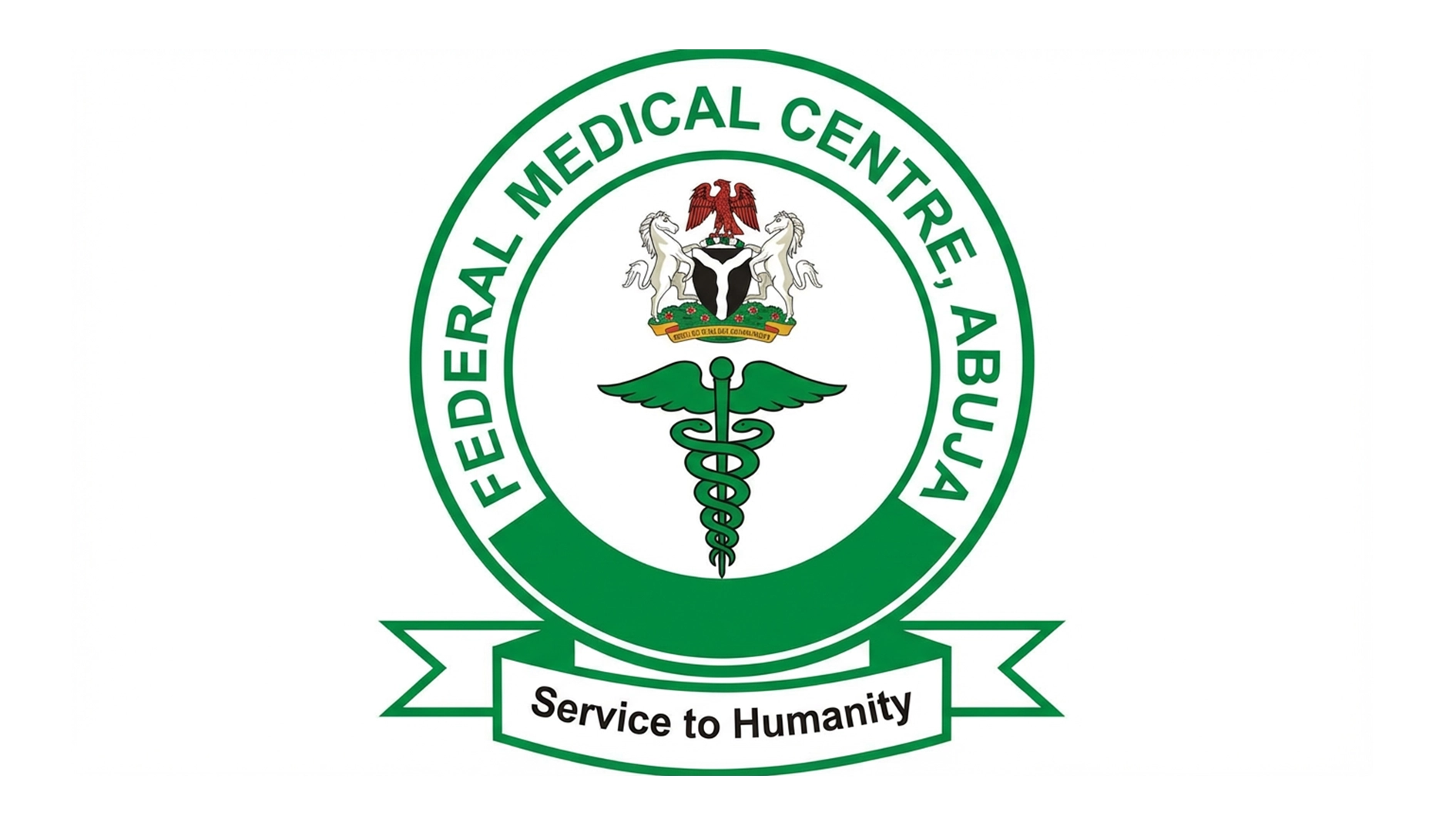
Public health expert and physician Dr. Shola Dele-Olowu, says the sporadic spread of Lassa fever in Nigeria can be controlled by investing in prevention, strengthening local healthcare systems, and fostering collaboration.
In an exclusive chat with The Guardian, Dele-Olowu urged the Nigerian government to prioritize tackling the disease, highlighting its unique and concerning place in the annals of infectious diseases. Lassa fever has plagued Nigeria and West Africa for decades, annually claiming lives and straining fragile healthcare systems.
According to her, while often overshadowed by other high-profile diseases like malaria and cholera, this acute viral hemorrhagic illness caused by the Lassa virus demands urgent attention given its recurrence, mortality rates, and long-term socio-economic implications.
The public health expert noted that symptoms include fever, headache, malaise, muscle aches, chest pain, nausea, and vomiting. Severe cases may escalate to haemorrhaging, respiratory distress, facial swelling, and multi-organ failure. She explains that the fatality rate among hospitalised patients ranges from 15% to 20%, and survivors often suffer long-term complications, including hearing loss, occurring in about a third of cases.
While human-to-human transmission can occur through direct contact with the bodily fluids of an infected person, Dele-Olowu appealed to Nigerians to maintain personal hygiene around their homes and environment to avoid rodent infestation. She warned that the presence of these rodents in kitchens and food storage areas creates a constant risk.
Lassa fever, caused by the Lassa virus, has symptoms ranging from mild to severe. Humans become infected through direct contact with contaminated surfaces, food, or water contaminated with rat urine and faeces. In rural households, the presence of rodents in kitchens and food storage areas heightens the risk.
With extensive experience in public health specialities such as routine immunisation, Maternal Neonatal and Child Health (MNCH, and health system governance, Dele-Olowu lamented that Lassa fever’s recurrence exposes systemic weaknesses in Nigeria’s healthcare system. The disease significantly contributes to Nigeria’s already substantial disease burden, both directly and indirectly.
The economic costs of managing outbreaks, including treatment, containment, and productivity losses, are considerable. For affected families, the financial strain of seeking medical care, coupled with the long-term disabilities survivors may face, perpetuates cycles of poverty.
Dele-Olowu maintained that all hope is not lost in the ongoing fight to curtail the disease. This fight requires a multifaceted approach by the Ministry of Health, public sensitisation, and improved hospital health infrastructure. The physician revealed that Ribavirin, an antiviral medication, has proven effective when administered early in the course of the disease.
“Preventing Lassa fever requires a multi-faceted approach, addressing individual behaviour and systemic health infrastructure. At the community level, improving sanitation and housing conditions is crucial to reducing contact with rodents,” she said.
“Proper food storage, regular cleaning of homes, and safe waste disposal can significantly minimize rodent populations. Public health education campaigns are essential for raising awareness about the disease,” she told The Guardian.
First identified in 1969 in the town of Lassa in Nigeria’s Borno State, the fever has remained a recurring health threat, particularly during the dry season between November and May. Nigeria accounts for a significant portion of the estimated 100,000 to 300,000 annual cases of Lassa fever in West Africa.
Despite these daunting statistics, Dele-Olowu remains optimistic. “All hope is not lost,” she said. “We have the tools and knowledge to curtail this disease. We need strong political commitments, adequate funding, and coordinated action at all levels of government.”
As Lassa fever continues to claim lives and strain Nigeria’s healthcare system, Dele-Olowu’s call for urgent action serves as a wake-up call to policymakers, healthcare professionals, and the general public. Preventing and managing Lassa fever is not just a health imperative but also critical to safeguarding Nigeria’s socio-economic stability and protecting vulnerable populations.
In her concluding remarks, Dele-Olowu urged Nigerians to take individual responsibility for reducing rodent infestations and improving hygiene practices. She also called on the government to demonstrate leadership in combating this recurring public health crisis.
“Lassa fever is a test of our collective resilience and ability to protect our people,” she said. “Together, we can overcome it and create a healthier, safer Nigeria.”






